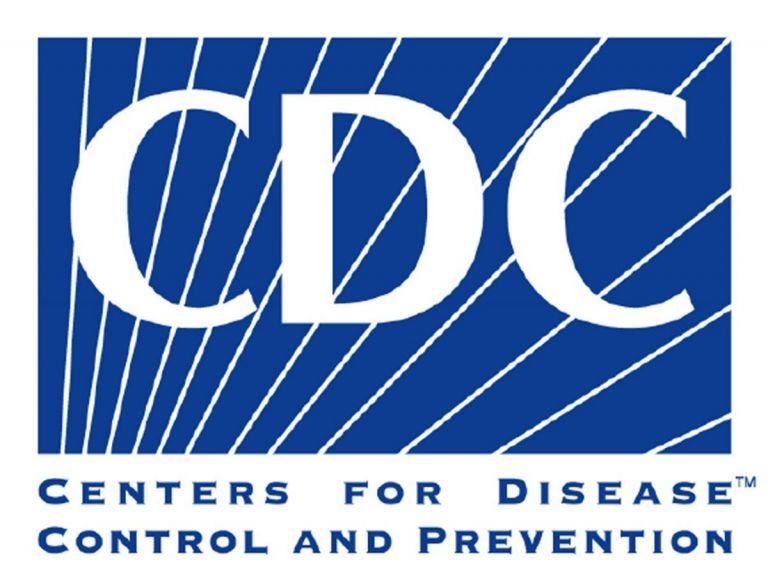CDC Releases New Guidance on Isolation and Quarantine Periods: What Employers Need to Know

The Center for Disease Control (CDC) has updated its guidance on recommended periods of isolation and quarantine for individuals who have either been infected with COVID-19 themselves, or who have been in close contact with someone who is infected.
The Center for Disease Control (CDC) has updated its guidance on recommended periods of isolation and quarantine for individuals who have either been infected with COVID-19 themselves, or who have been in close contact with someone who is infected.
Individuals who are infected are now only recommended to isolate for 5 days, not 10, so long as they remain asymptomatic. This period of isolation is then to be followed by 5 days of wearing a mask around others. In addition, any person who has received their booster shot and has been exposed, does not need to quarantine following exposure. However, the CDC recommends these individuals wear a mask for 10 days after exposure.
The CDC also recommends that unvaccinated individuals or vaccinated individuals more than six months out from their second Pfizer or Moderna vaccine dose (or 2 months after the J&J vaccine) that have not yet received a booster shot should quarantine for 5 days. This period of quarantine should be followed up by a period of “strict” mask use for an additional 5 days.
In light of this guidance, employers should keep in mind that an asymptomatic employee infected with COVID-19 need only isolate and remain out of the office for 5 days, not 10. Secondly, fully vaccinated employees who are in close contact with someone who is infected can only avoid staying home from work to quarantine if they have received their booster shot.
If you have questions about the new CDC guidance, or any other general employment issues, please do not hesitate to contact the attorneys at The Royal Law Firm at 413-586-2288.







